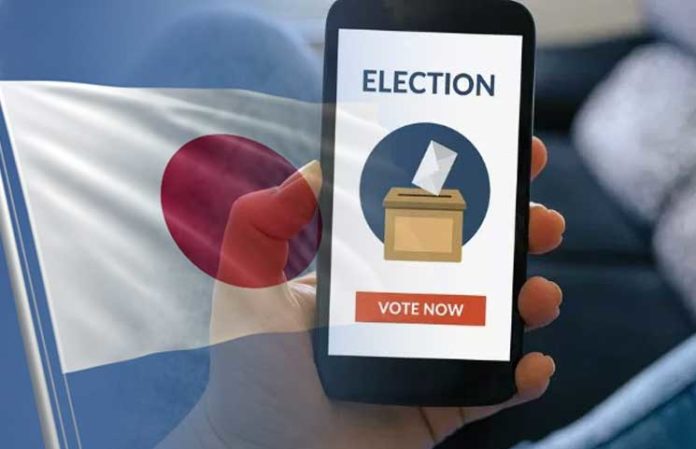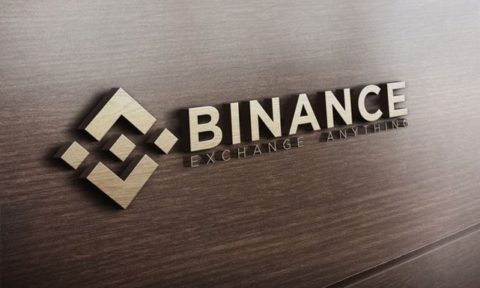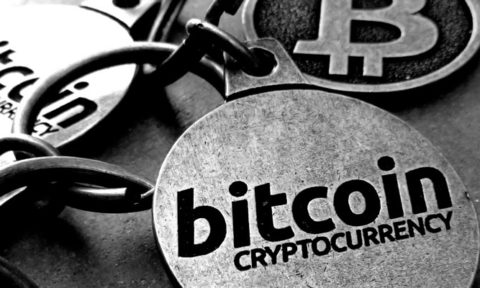The City of Tsukuba in Japan has completed a trial for a blockchain technology-based system of democratic voting In the mock electoral process, 119 residents in the local jurisdiction participated in the exercise.
The City Was Developed As A Science Park
Tsukuba is a model city like Brasilia, Canberra, and Silicon Valley. The whole idea behind the creation and development of the city was to foster the adoption of scientific discoveries to cater for not only Japan’s need but those of the world. The project was initialized in the 1960s and was known as Tsukuba Kenkyū Gakuen Toshi (Tsukuba Science City). Thus, there is a science park that fosters the innovation of inventions of scientific technologies.
With such a conducive environment, the city of 223,000 inhabitants in the prefecture of Ibaraki in the Kanto region has since attracted renown scientific companies such as Intel Japan, SoftEther Corporation, JAXA Tsukuba Space Center, etc. In the same way, the Blockchain voting system will live up to the ambitions of the city creators of being a global technological pacesetter.
The Blockchain Voting System Is The First Of A Kind
The Blockchain voting system will be used by residents who need to have a voting right on the city’s development programs. This entails elaborate social contribution projects that will set the side apart as an ideal democratic space where universal suffrage is taken to extreme heights only possible in representative setups such as parliaments, and local government councils.
The voting system has features that support the functionality such as artificial intelligence, internet of things, identity verification mechanism, decentralized network, and smart contract features.
The voting system works in this way, citizens of Tsukuba access the Blockchain network where there is a pool of proposals that are linked to the Tsukuba City government’s websites. Secondly, the voter will have to put an ID card into a reader for verification. Afterward, the voter can select the preferred project. The system is decentralized as per the distributed ledger network protocols to ensure that no centralized authority can tamper with the data to influence a tally.
The Mayor Is Positive That The Trial Was A Success
Tsukuba mayor, Tatsuo Igarashi was one of the 119 voters in the pilot project. He expressed optimism that the project is viable given that it is “minimal and easy” as opposed to having “more complicated procedures” as in the traditional manual voting system.
News from a local media outlet Jiji news, reveals that the City government is satisfied just like the mayor and that plans are underway to roll out the Blockchain voting system to the outlying areas outside the city limits, some isolated Islands under their jurisdiction and foreign countries where some locals have immigrated to such as the USA and Switzerland.
Other Countries And Government Jurisdiction Can Borrow The Innovation
In the USA, the voting system is under scrutiny following Russian Interference allegations, the same story is recurrent in other countries such as the UK and the Brexit, Kenya’s Election, etc. On the other hand, the Blockchain based voting system has been launched in other places such as the Municipal Government of Moscow and West Virginia State election. Therefore, the Tsukuba trial will give other governments a framework to develop their own voting systems.











